🌟 Timothée Chalamet — Hero of a New Era or Reflection of Cultural Anxiety?
In 2025, Timothée Chalamet
is more than just a star. He has become a kind of mirror in which Generation Z
and young millennials see not so much a hero as a collection of their fears,
desires, and contradictions. There isn’t a trace of conventional Hollywood hero
worship in his image — and that is precisely what makes him a central figure of
our time, when the cult of strength has given way to an aesthetic of
vulnerability.
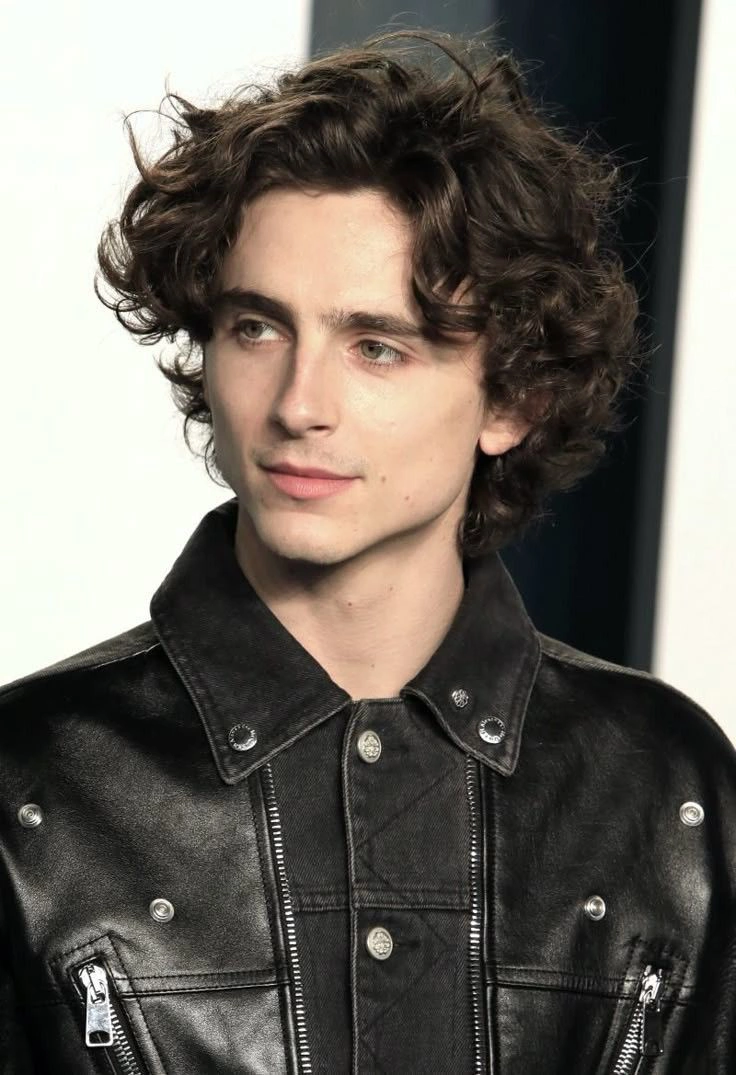
When people talk about the
new wave of Hollywood actors, Timothée Chalamet’s name is rarely left out. As
early as 2021, he had firmly established himself as one of the most promising
actors of his generation with his lead role in Denis Villeneuve’s Dune.
His portrayal of Paul Atreides — intense and composed — perfectly captured the
archetype of a modern hero: complex, ambiguous, deeply human. With the release
of the second part in 2024, Chalamet’s character evolved fully into the leader of
the Fremen, further cementing his status as a sci-fi star.
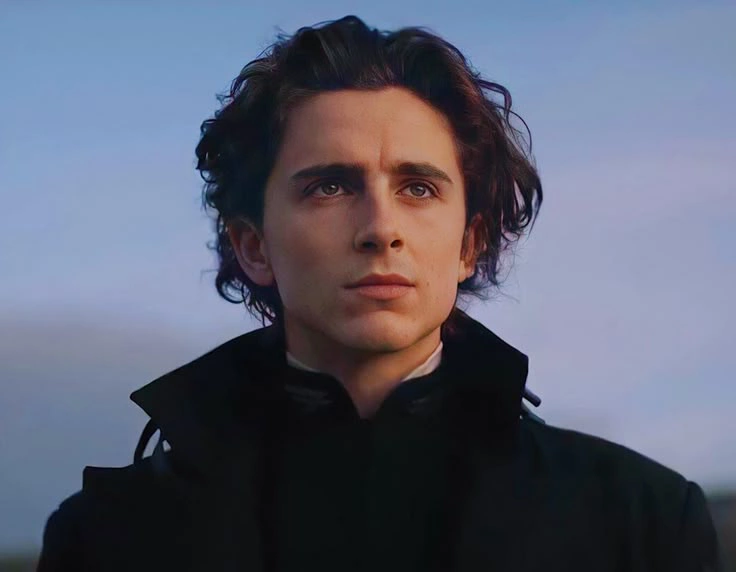
The beginning of 2025
marked a new milestone in his career: the world saw the biopic Bob Dylan:
Nobody Knows, where Chalamet not only starred but also joined the producing
team. This decision signals his growing interest in the filmmaking process
beyond acting — from selecting the material to the final cut. The film focuses
on a pivotal moment in Dylan’s life, when he shifted from folk to rock music.
Preparing for the role was meticulous: Chalamet reviewed archival performances,
learned to play the harmonica, and took vocal lessons, aiming not to imitate
but to embody his own interpretation of the musical rebel.
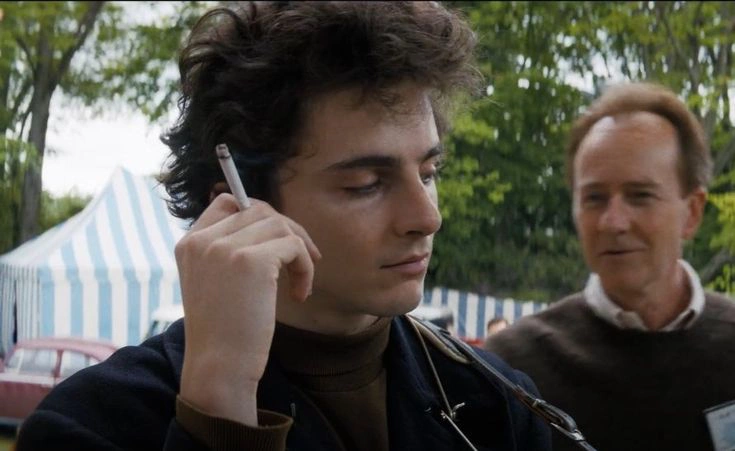
Earlier, in 2023, Chalamet
introduced the world to his Willy Wonka in the musical prequel about the famous
character. Despite initial skepticism surrounding the project, his portrayal
was praised for its delicate blend of emotional depth and theatrical flair.
This reaffirmed Chalamet’s ability to reinterpret well-known characters, giving
them fresh dimensions.
Today, his name is linked
to several upcoming projects. Industry insiders discuss his possible
involvement in a film about Stephen Hawking’s youth as well as an adaptation of
The Catcher in the Rye. Moreover, it’s likely that Chalamet will reunite
with Luca Guadagnino — their previous collaborations Call Me By Your Name
and Bones and All were hailed by critics as emotionally daring and
courageous.
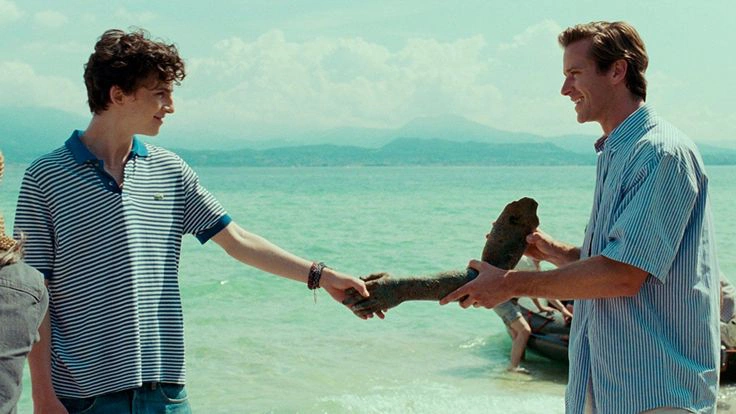
Off-screen, the actor
remains a curious and thoughtful individual. In interviews, he often speaks
about the challenge of balancing an intense work schedule with personal life.
His interests include football (he once seriously considered a professional
career), music, and classical literature. He draws inspiration from Heath
Ledger and Daniel Day-Lewis — actors known for their profound depth and total
dedication.
Beyond his career, Chalamet
embraces social responsibility. After working on a Woody Allen film, he donated
his fee to organizations supporting victims of abuse, including the Time’s Up Foundation
— a rare and courageous gesture for someone of his age and status.
Chalamet is one of the few
who manages to stay authentic in an industry demanding constant reinvention. He
walks a fine line between blockbusters and auteur cinema, fashion covers and
heartfelt interviews, global fame and an inner moral compass. It’s no surprise
that many call him the voice of a generation — even if he himself disagrees.
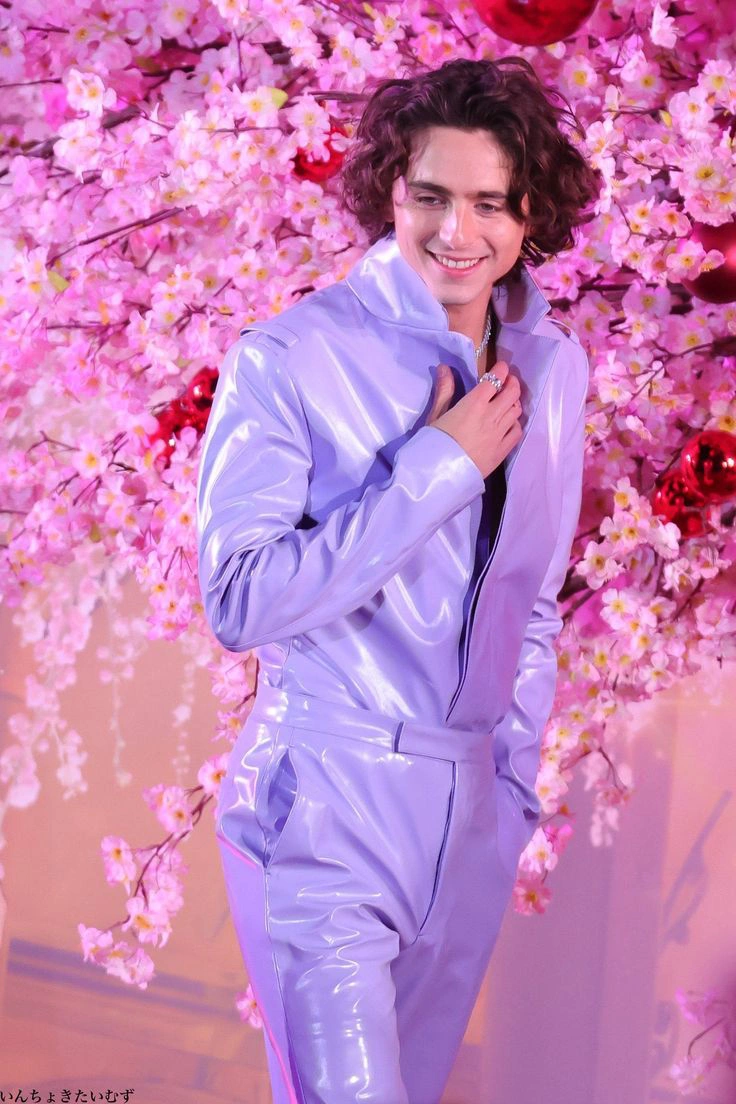
On the horizon are
ambitious plans: producing, a possible directorial debut, and a relentless quest
for stories that truly resonate. As he puts it: “I want cinema to awaken
emotions. Even if those emotions are uncomfortable — the main thing is that
they are real.”
Timothée has long been an
emblem of post-heroic culture. His androgynous, almost ethereal appearance
defies traditional glossy standards. But this isn’t a weakness — it’s the new
norm. He doesn’t try to be rugged; he grants himself the right to be sensitive.
In 2025, this is no longer eccentricity but a new form of masculinity, where
it’s acceptable to not know, to be uncertain, to not always win.
Yet, what defines Chalamet
most isn’t talent or charisma. It’s his ability not to impose. He doesn’t
dictate trends or tell people who they should be. He simply exists in his own
rhythm. In one of his rare columns, he wrote, “Maybe being quiet is a form of
protest.” This phrase is the quintessence of his cultural code.
He has become a symbol of
uncertainty — not as weakness, but as depth. His characters rarely solve
problems; they live through them. Chalamet shows that strength lies not in
victory but in surviving — wounded, imperfect, human. For viewers raised amid
climate anxiety, political distrust, and post-pandemic fatigue, such honesty is
worth more than any superhero triumph.
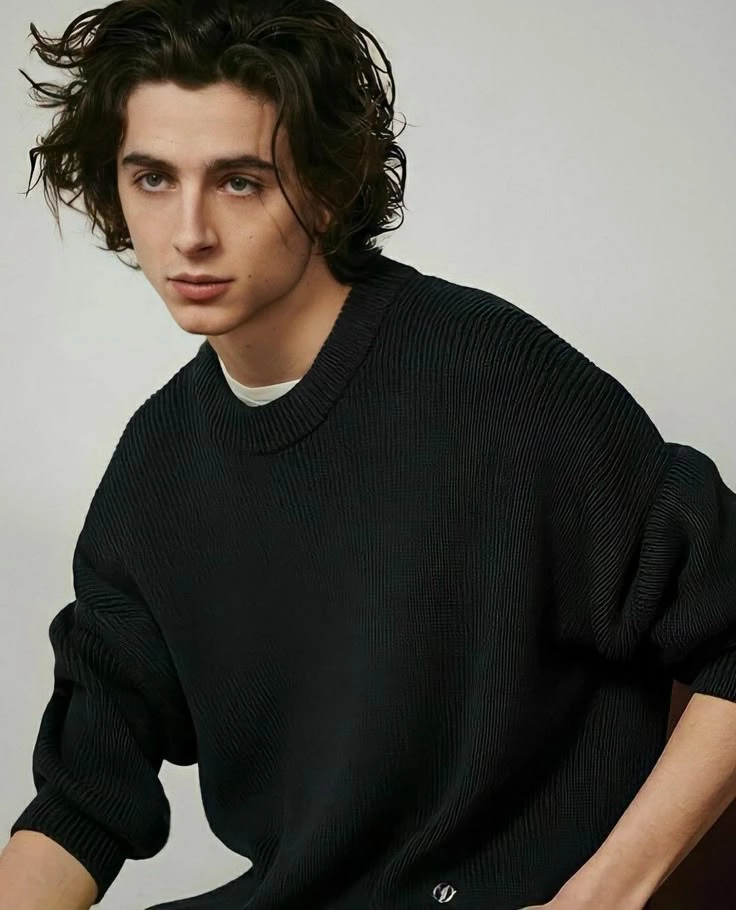
In a world that pressures
us to be someone else, Timothée Chalamet offers the luxury of being oneself.
Without final punctuation, without ready answers. And that is exactly what
makes him not just an actor, but the intuition of a generation.
Close